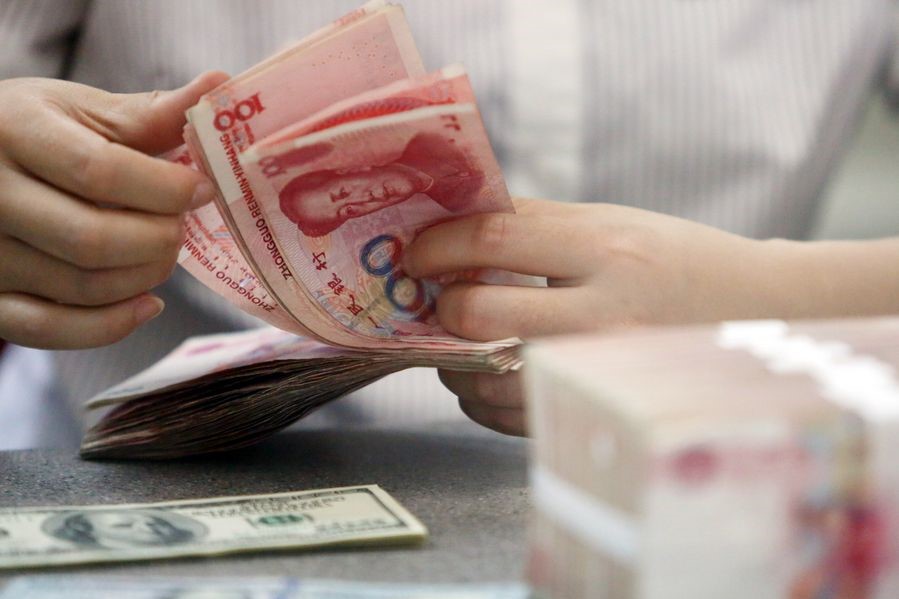Moves afoot to stifle vicious competition


Banking associations, including those in the city of Shanghai, as well as Guangdong, Zhejiang and Anhui provinces, have launched measures to curb "involution-style" competition, targeting high-interest deposits, mortgage rebates, and auto loan kickbacks, among other practices.
Since the beginning of the year, financial regulators and banking associations in multiple regions have issued negative lists and self-regulatory agreements to rein in vicious competition, urging banks to break free from destructive price wars.
During an inspection in the Guangxi Zhuang autonomous region from Aug 11 to 13, Liu Rong, head of the Guangxi office of the National Financial Regulatory Administration, called for industry-wide standards on service pricing, marketing expenses, intermediary services and cost-benefit balance to ensure sustainable development.
Under growing pressure, banks have in recent years engaged in irrational tactics that disrupt market order — from offering shopping cards and household goods to attract deposits, to issuing loans at unsustainably low rates, or paying real estate agents commissions tied to mortgage loan amounts. Experts warn such concessions may temporarily boost market share but ultimately erode profits, weaken risk control and undermine the sector's sustainable foundation.
Dong Ximiao, chief researcher at Merchants Union Consumer Finance and deputy director of the Shanghai Institution for Finance & Development, noted that the roots of this behavior lie in weak economic demand, falling benchmark interest rates, intensified competition, and some banks' obsession with scale and speed. This not only eats into profitability but also adds financial risks.
In response, regulators have pushed banks to resist harmful competition. Industrial and Commercial Bank of China, the country's largest State-owned commercial lender, has made eliminating involution-style practices a midyear priority, with lenders such as China Guangfa Bank and Ping An Bank following suit.
On Jan 3, ICBC President Liu Jun wrote in China Finance, a semimonthly financial magazine, that safeguarding a fair, orderly market requires stronger interest rate self-regulation, with large banks setting the example.
He argued that excessive competition stems from excessive homogeneity, urging banks to improve professional capabilities, enhance services and explore new models of financial services.
Banks are already tightening practices. In many banks, retail loan incentives have largely been scrapped, mortgage rebates banned, and disguised deposit rate hikes through marketing campaigns restricted, with deposit rates capped under self-regulatory rules.
According to Lu Jinfei, senior deputy director of the financial services department at Golden Credit Rating International, the banking sector's "anti-involution" push is being advanced through regulatory tools such as policy rates, the macro prudential assessment and self-regulatory mechanisms to shift competition away from pricing and toward value creation, fostering a healthier ecosystem based on differentiated services aligned with real economic needs.
Dong noted that regulators should take strong measures to foster a multitiered, broad-based, and differentiated financial system. He suggested that small and medium-sized banks position themselves as community banks, serving local economies and small enterprises with tailored strategies.
He also urged regulators to continuously refine differentiated oversight and encourage commercial banks to place greater emphasis on serving small businesses and the agricultural sector.




































